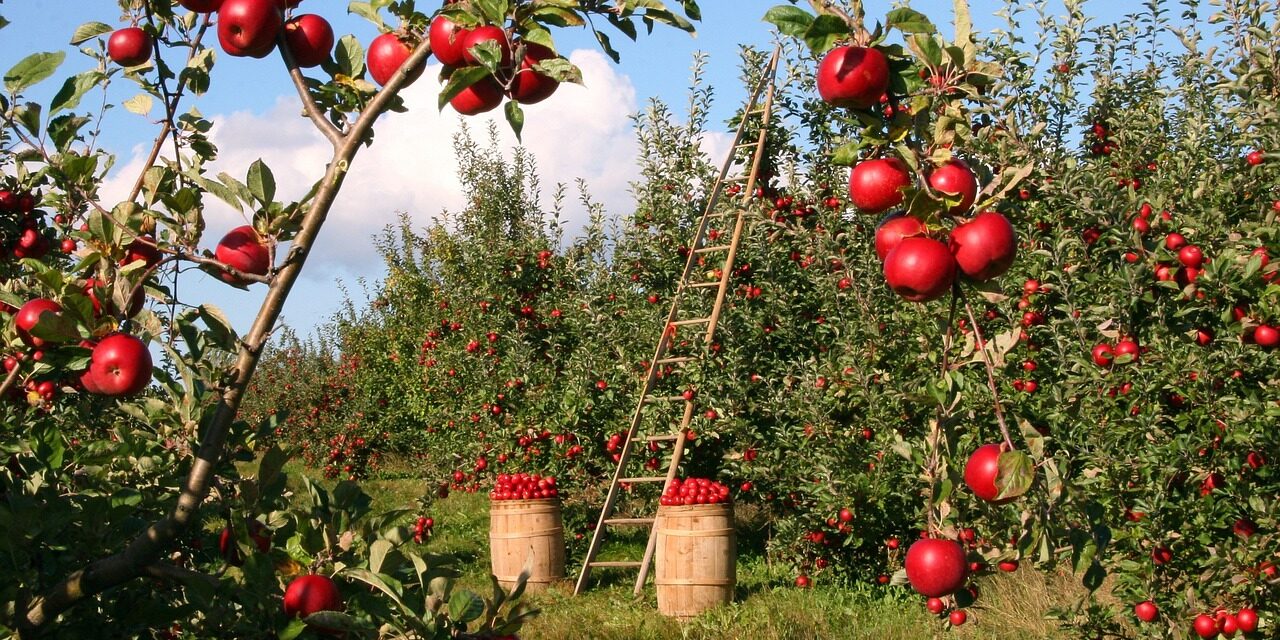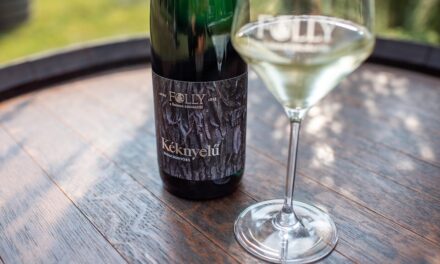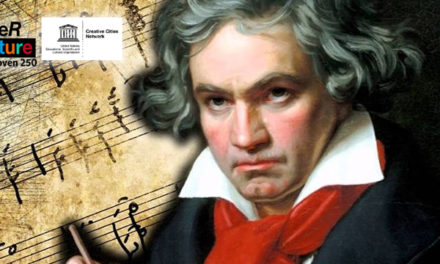This was the message of this year's Fruit Grower's Gala. Because a person can only preserve what he considers his own and cultivates.
On March 24, 2024, on the eve of the Feast of Our Lady of Fruit-bearing Fruits, for the third time, fruit growing professionals and those interested in learning about landscape varieties and their care gathered.
Not only is the number of old landscape types of the Carpathian basin unique in the world, but the quality, flavor and aroma of the fruits, as well as their content, are an incomparable treasure. At the same time, the rich heritage is coming to an end: during the destructive period of communism and then the globalist world, which did not respect traditions and nature, the amount of old fruit varieties, both in terms of number of individuals and the number of varieties, halved every 20 years - and is still halving...
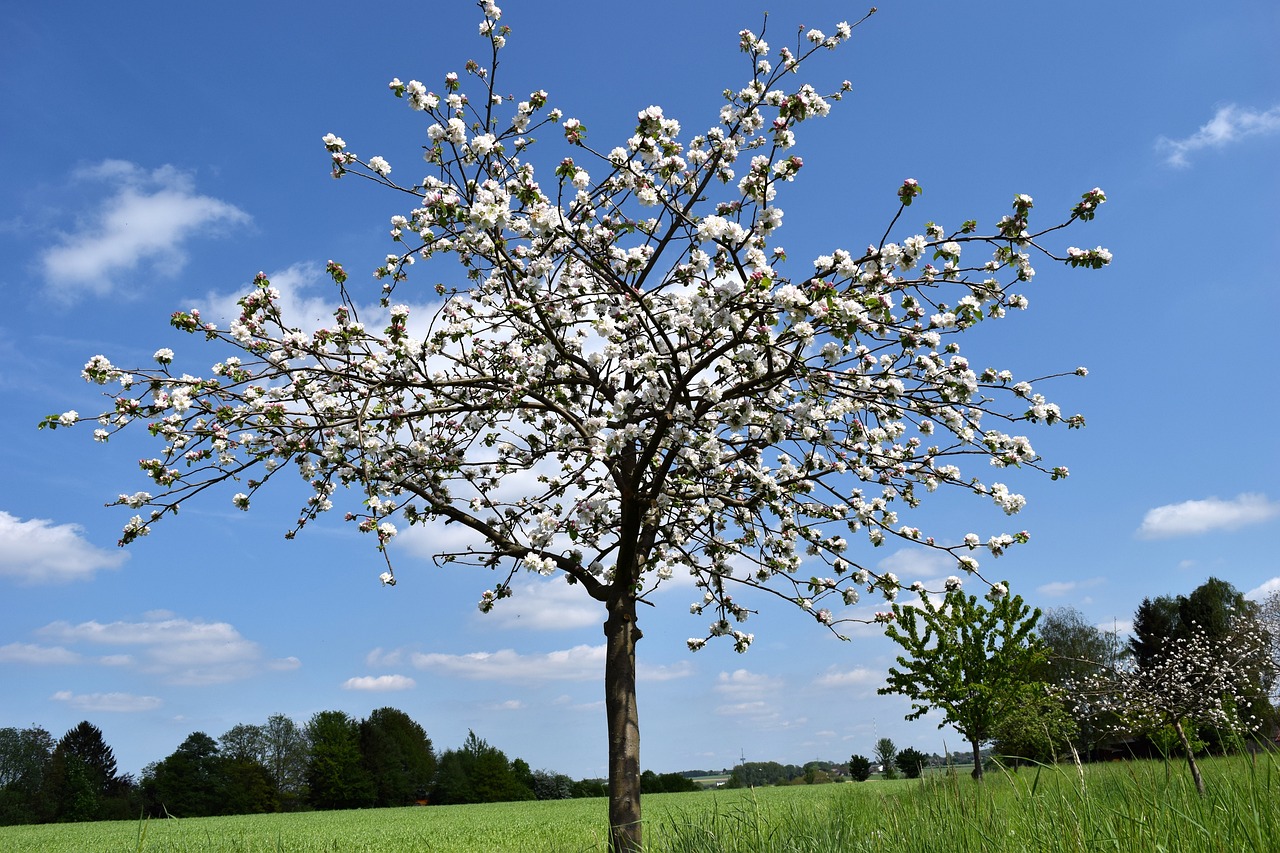
Photo: Pixabay
However, the Fruit Festival is still a holiday: it is a celebration of the still-living heritage and of all the dedicated people who, recognizing the sustaining power of the fruit-growing legacy, spare no time or energy to save what can be saved.
Driving towards Budapest, I wondered if there would be anyone in Budapest at 10 o'clock on a Sunday who would be interested in fruit grafting. The snaking lines in front of the grafting tables set up next to the National Theater then gave me a snappy answer to my doubts: for nearly 5 hours, my fellow grafters demonstrated the techniques and secrets of fruit tree grafting to the interested parties, while we again grafted noble canes collected from different types of landscapes onto wild rootstock in a number equal to a small forest.
"You have to understand the landscape. The landscape is much more than a set of natural factors: the culture itself, the history itself..."
- says the writer Lajos Ambrus, who in the 70s searched in vain for the ancient fruit varieties of his place of residence.
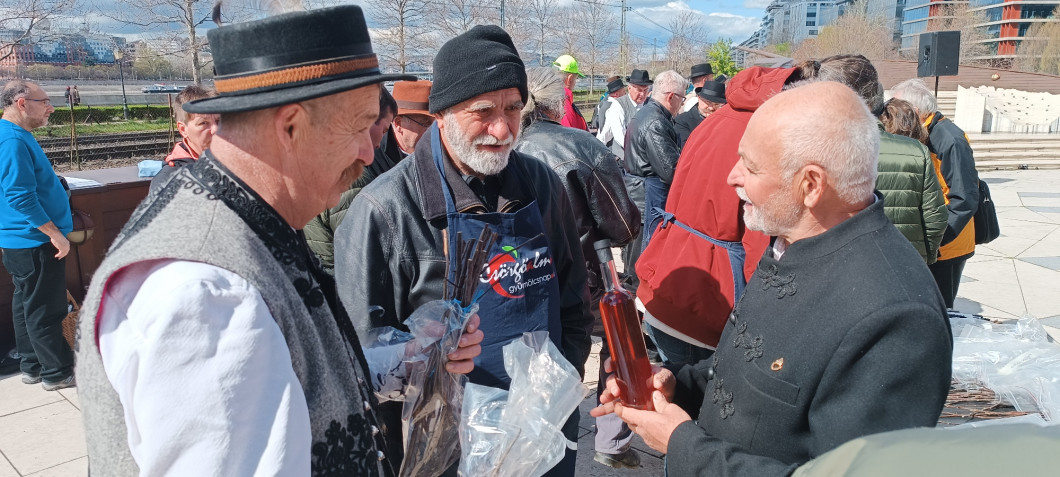
Photo: Ákos Pottyondy / egy.hu
"Everyone has the duty of a dog to find the task for which the Good Lord assigned him, which he cannot hide from. I have been researching and recording the fruit varieties of the Carpathian homeland for 30 years, but I still feel that I am in the first half of the work..." "We are all lucky that there are still people out there. It is very difficult to raise a child in a fenced playground..."
, at the presentation of the book Fruits and practices from the fairy garden , written by Lajos Ambrus and Gyula Kovács
"Contrary to today's public thinking, culture does not only mean literature, music, and theater. In addition to these, everything that can enhance our everyday life is also a part of culture. It is comforting to know that beneath the surface there is a network that lives its daily life not as it can, but as it should. Fairy gardens are created through them..."
said Demeter Szilárd.
"A person can only preserve what he considers his own and cultivates. Along with the fruit, the dance, the song, the culture as a whole perishes. We can only keep what we make"
- continued Gyula Kovács, forester awarded with the Prima Primissima award, dreamer and creator of the Fairy Garden movement, which aims to collect and preserve landscape fruits.
"For 30 years, we have been fighting against headwinds, sometimes we don't even know why. A nation survives as long as it preserves its own culture, because it cannot be destroyed with a weapon. However, if a nation does not preserve its culture, that nation is lost... Our culture is living its final hour, and it has long been a concern of what can be done to somehow preserve it. Complaining doesn't move things forward, you have to act!
For 100 years, Göcsej had more varieties of pears than the whole of France, but in Hungary the orchards did not survive for more than 100 years.
The communities of the Tündérkert network can help with this, but so can individual people. A young man from Borsfa, Bendegúz, for example, collected the varieties of his own village at the age of 12. He is still here with us, old people, and he gives us all hope," said Gyula Kovács.
The entire article can be read on Egy.hu!
Featured Image: Pixabay

